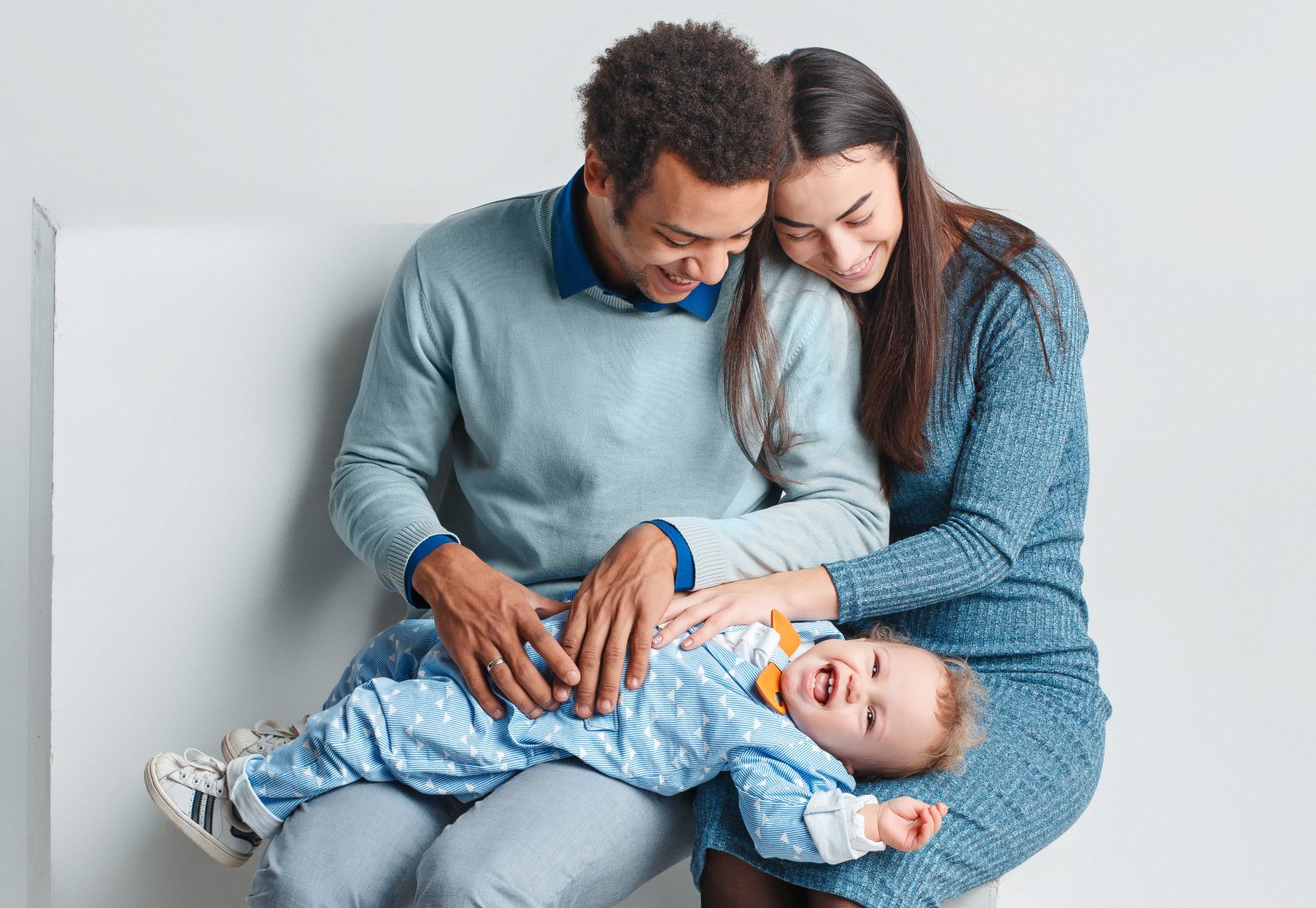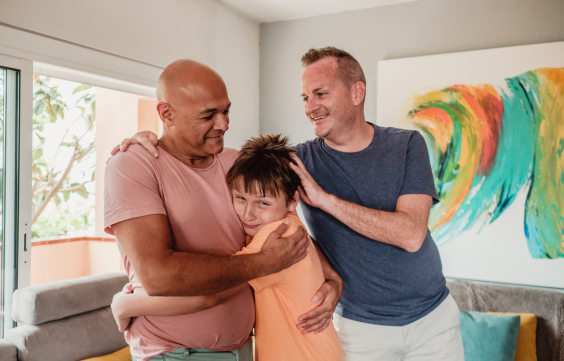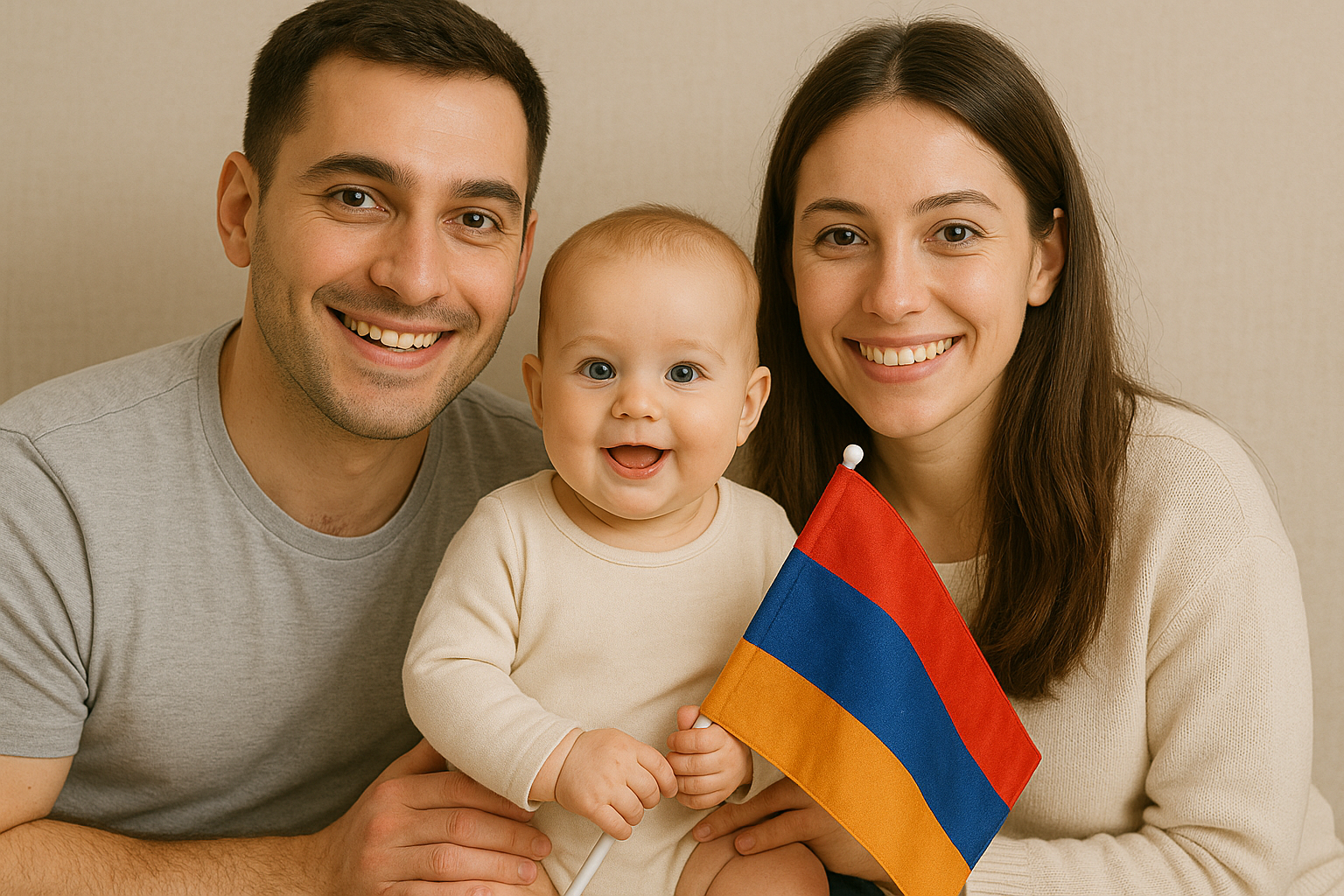Parents
The Emotional Impact of Choosing Donor Conception
Grieving one scenario while welcoming another.
Key points
- Grief over losing your genetics is personal and normal.
- You can grieve over the loss of using your genetics and love your child.
- It can take time to adjust to the idea of using donor conception to have a child.
- You will be your child's parent, and will love your child.
For many people undergoing fertility treatments, comments like, "Why don’t you just adopt?" or "You could use an egg donor" are unfortunately common. While these suggestions are often well-meaning, they can feel dismissive of the deep emotional complexities surrounding infertility. Such remarks can leave someone feeling even more isolated, as though their very real struggles are being minimized.
Infertility involves a series of profound emotional losses. There’s the loss of the dream of how and when you thought you'd become a parent, the loss of feeling "like everyone else" as you watch friends and family have children, and the loss of time, money, and emotional energy invested in treatments.
For some, adoption can feel like a difficult and distant option due to the challenges and costs involved, which can make donor conception seem like a more viable path, though emotionally complex in its own right.
Choosing donor conception can bring up deep concerns about identity and connection. Parents often wonder: Will this child feel like "mine" if they don’t share my genetic makeup? Will they feel closer to the father, who shares a biological connection? And what if the child wants to find their donor? These questions are not unusual, and they reflect the emotional complexity of making such a choice.
The absence of a genetic connection can feel like a significant loss in itself. Many parents worry about not feeling as "connected" to a child who doesn’t share their physical traits, personality, or family heritage.
Beyond internal struggles, there’s also the question of how others will perceive the family you’re creating. Will your child be treated the same way as children born through traditional methods? How do you navigate sharing your child’s story with your child, family, and friends?
Choosing a donor can also feel overwhelming. After enduring so much disappointment, the immediate desire to simply become pregnant can overshadow the careful selection process.
But, after working with thousands of donors and recipients throughout my career, I can assure you that the emotional hurdles you face are not only normal, but surmountable. There is a way forward, and it’s possible to find peace with your decision and embrace your new family life.
Finding Resolution: Embracing the Journey Through Donor Conception
When you choose donor conception, you’re dealing with two interconnected sources of pain: the ache of not being a parent, and the pain of not having a genetic connection to your child. These two sources of grief often feel intertwined, creating a complex emotional landscape. But here's the key: when you become a parent through donor conception, these two sources of pain begin to separate.
First, the most profound shift: you are no longer childless. You are a parent. That longing for a child, the ache of infertility, fades as you finally have the child you’ve longed for. You love your child deeply, and they love you. Your family and friends are overjoyed, and you can begin living the life you dreamed of—full of everyday moments with your child.
THE BASICS
However, the absence of a genetic connection may still create moments of pain. It may not be constant, but there will likely be times when that grief surfaces. For example, you may spend the day playing, laughing, or simply snuggling with your child. These intimate, loving moments can be unexpectedly interrupted by a comment from someone: “Wow, your daughter looks just like you.” In that instant, you might feel a pang of loss, and think, "I forgot." These moments are part of the emotional process—feelings that reflect your personal journey with the decision to create a family through donor conception.
It’s important to recognize that this pain of missing a genetic connection is not about your child or your bond with them—it’s about you, the parent, processing your own emotions. It’s okay to feel conflicted or sad at times. But remember, the love you feel for your child is not diminished by genetics. Your bond is built on the fact that you are now a parent, and your child is yours in every meaningful sense.
You might also need to let go of the idea that your child will inherit your musical talent, your father’s sense of humor, or any other family traits you once envisioned passing down. These are natural things to grieve, but they do not take away from the joy and love you experience with your child. Over time, you will come to accept and embrace this new reality, even if it’s not what you originally imagined.
It’s okay to grieve the life you thought you'd have. But remember, this process of grief is about the loss of the genetic connection, not the loss of your ability to love your child. The pain is something you can work through in your own time, and while it may take longer than you expect, that’s perfectly normal. Healing is a personal journey, and there’s no timeline for how long it should take.
Ultimately, you can grieve the loss of a genetic connection and still fully embrace the child you have. The love you feel for them is not dependent on genetics. It is built on the day-to-day experiences of being a parent and sharing your life with the child who is now an integral part of your family. You may need time to heal, and that’s okay. But with time and support, you will find peace, and your bond with your child will remain strong, no matter how they came into your life.
To read more visit The Center for Family Building





